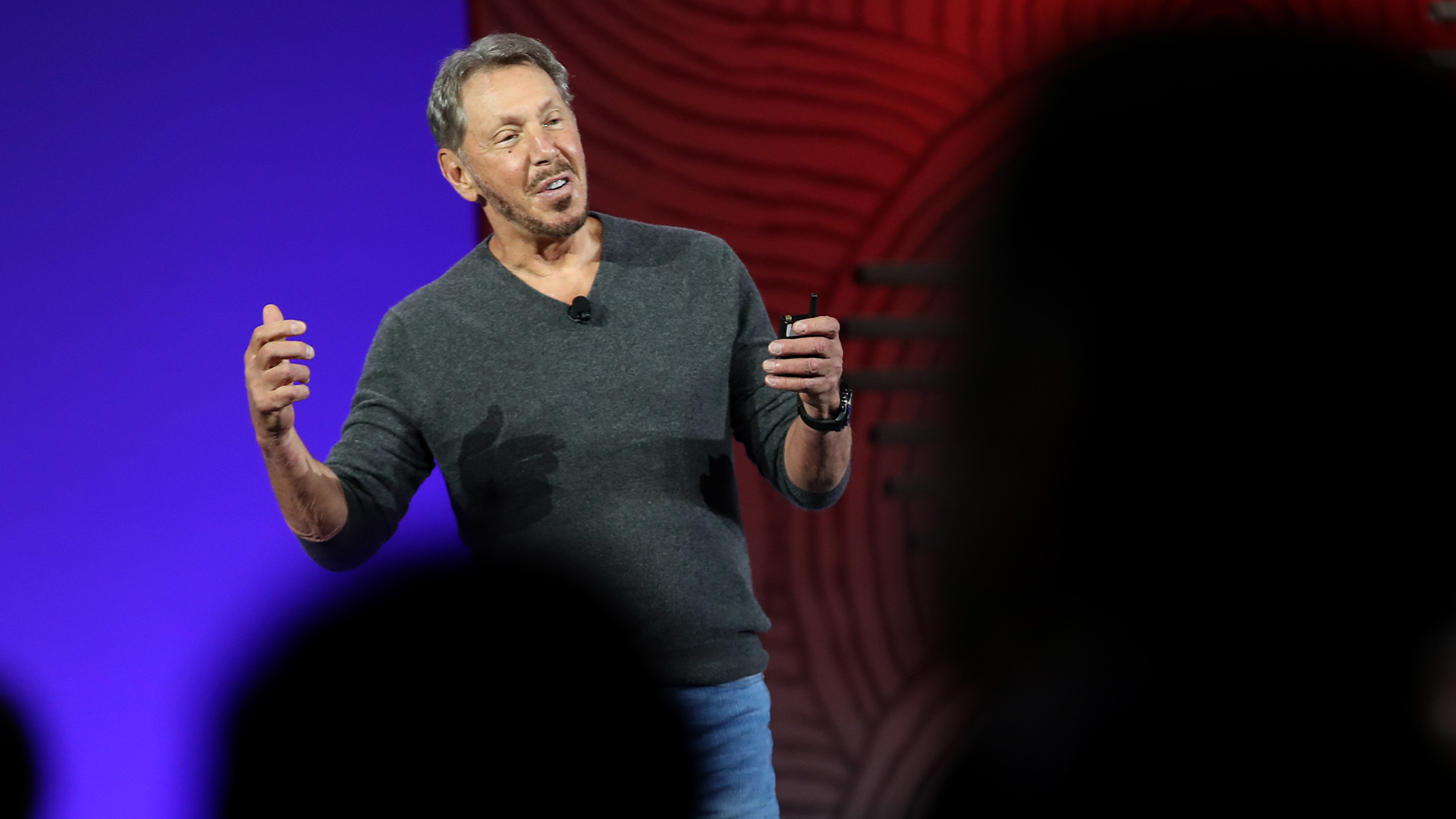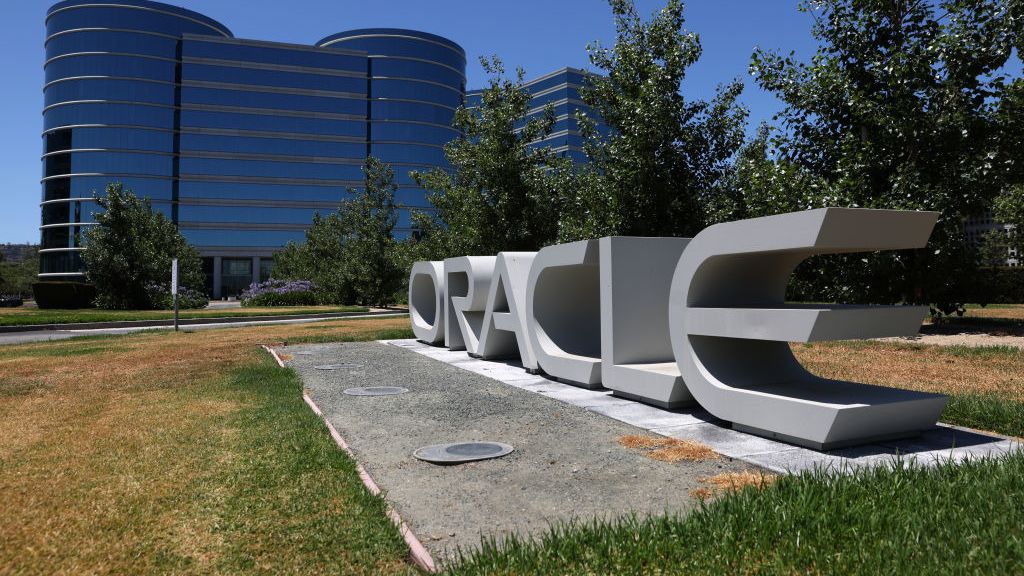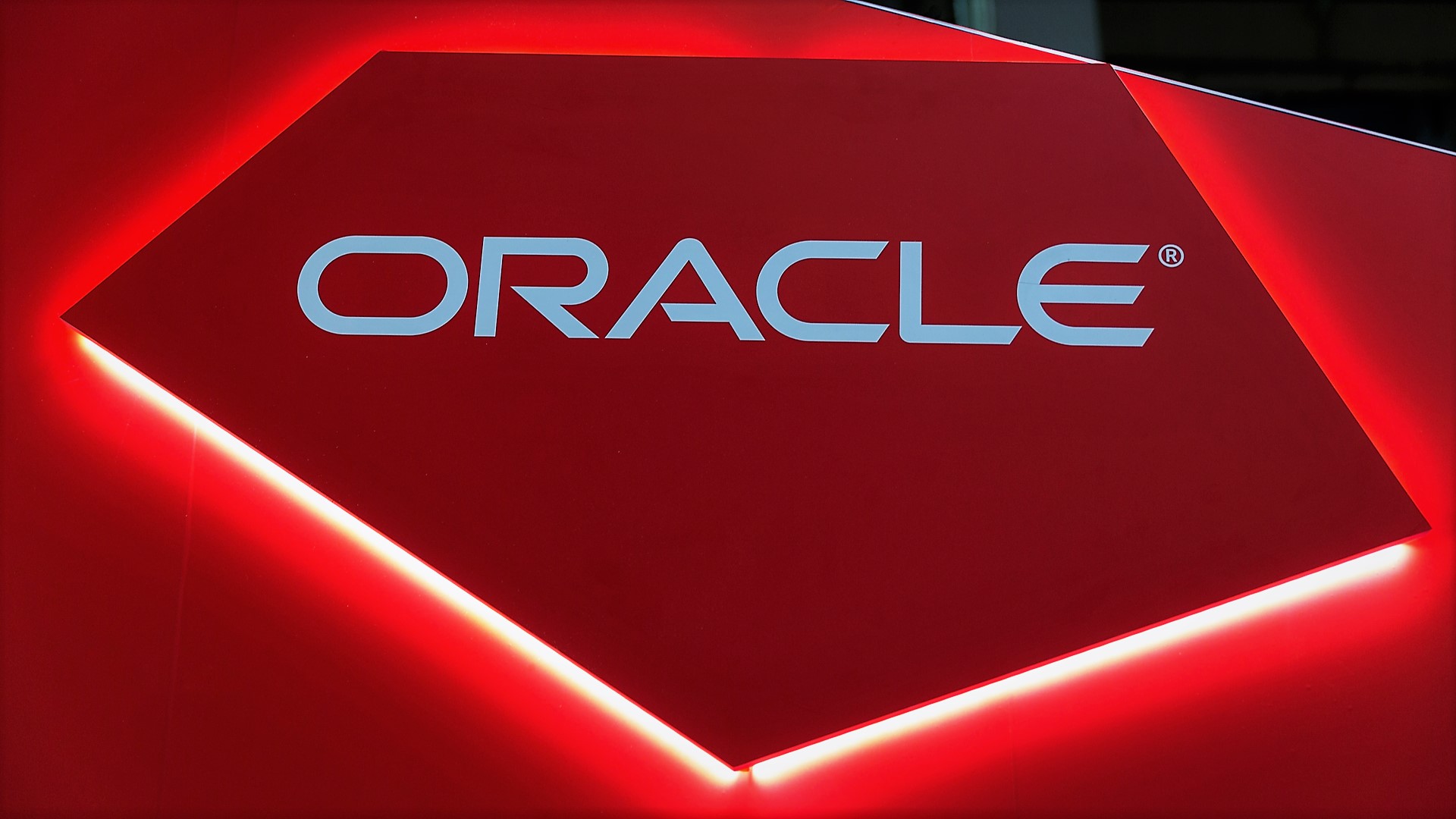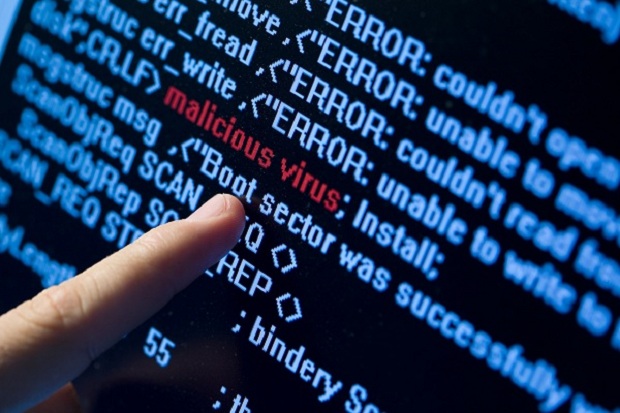“By this time next year, Oracle employees won't be using passwords” — Larry Ellison wants a biometric future in cybersecurity
The Oracle CTO hit out at passwords, calling them insecure and easy to steal


Oracle CTO Larry Ellison took a strong stand on cybersecurity at Oracle CloudWorld 2024, calling passwords a “terrible idea” in need of replacement with biometric security measures.
“The idea that we use passwords is a ridiculous idea. It's obsolete. It's very dangerous,” Ellison said during his keynote at the company’s flagship event in Las Vegas.
“They are 17 characters long - including special characters that no one can ever remember and has to write down - are unbelievably easy to steal,” he added.
He even went as far as to detail Oracle’s commitment to banishing passwords internally in the not-too-distant future - “by this time next year, Oracle employees won't be using passwords, and a lot of you will have the choice to not use passwords anymore.”
The alternative? Biometric security measures such as facial or thumbprint recognition capabilities that Ellison feels are far more secure and less susceptible to exploitation from malicious actors.
“Biometric logins are much easier to use - and much faster and much more secure,” Ellison claimed.
“You point your smartphone to your face for a couple of seconds, you put your fingerprint on the smartphone, you can record your voice if you want to - and we register it in a biometric database,” he added.
Sign up today and you will receive a free copy of our Future Focus 2025 report - the leading guidance on AI, cybersecurity and other IT challenges as per 700+ senior executives
Ellison pointed to other areas in which biometric technology could be used to enhance security, such as with credit cards or in schools to ensure that people cannot gain unauthorized access to physical sites.
“It becomes very difficult to impersonate somebody else if you have proper user authentication,” Ellison said.
Biometric technology isn’t fault-proof
Ellison's enthusiasm aside, there are cybersecurity concerns surrounding biometric technologies, with events in recent years pointing to issues with harvesting vast amounts of personal data.
In 2020, for example, Clearview AI was hacked, raising concerns about malicious actors gaining access to the facial recognition technology provider’s large stores of images. In this case, the hackers only gained access to the firm’s client list, but the damage could have been worse.
Any company gathering facial recognition data should therefore be careful, as their systems could become attractive targets for cyber criminals seeking to access personally identifiable information (PII).
The technology isn’t perfect, either. In 2018, civil liberties group Big Brother Watch reported that facial recognition technology misidentified people as criminals at a failure rate of 98% when used by police in the UK.
There is also growing concern around deepfakes as technology is used to create fake video and audio files of real people, now increasingly via generative AI.
Companies looking to adopt voice recognition technology as a replacement for passwords, for example, would need to think long and hard about this, as there is potential for cyber criminals to imitate the voices of employees to gain access.
In February this year, a finance worker at a major firm in Hong Kong fell prey to threat actors using deepfake technology to pose as the company’s chief financial officer in a conference call.
The unsuspecting worker was duped into paying out $25 million.

George Fitzmaurice is a former Staff Writer at ITPro and ChannelPro, with a particular interest in AI regulation, data legislation, and market development. After graduating from the University of Oxford with a degree in English Language and Literature, he undertook an internship at the New Statesman before starting at ITPro. Outside of the office, George is both an aspiring musician and an avid reader.
-
 CISA issues warning in wake of Oracle cloud credentials leak
CISA issues warning in wake of Oracle cloud credentials leakNews The security agency has published guidance for enterprises at risk
-
 Oracle breach claims spark war of words with security researchers
Oracle breach claims spark war of words with security researchersNews A war of words has erupted between Oracle and cybersecurity researchers following claims the company suffered a security breach.
-
 NetSuite vulnerability could leave thousands of websites exposed
NetSuite vulnerability could leave thousands of websites exposedNews The issue stems from a misconfiguration of access controls in NetSuite's SuiteCommerce instances
-
 Oracle's massive advertising database operates without user consent, lawsuit claims
Oracle's massive advertising database operates without user consent, lawsuit claimsNews Rights organisers have accused Oracle of collecting an undue level of sensitive data to identify consumers online
-
 Oracle joins Cloudflare's Bandwidth Alliance
Oracle joins Cloudflare's Bandwidth AllianceNews Database giant will adjust cloud transfer fees for Cloudflare customers
-
 Oracle won't let you turn off security ever again
Oracle won't let you turn off security ever againNews Larry Ellison: It was a mistake to let customers manage security features
-
 Two more zero-day Java bugs discovered
Two more zero-day Java bugs discoveredNews Polish researchers find more flaws in Java 7 browser plug-in.
-
 Microsoft warns users to be wary of fake Java updates
Microsoft warns users to be wary of fake Java updatesNews Cybercriminals set malware trap for users worried by Java zero-day exploits.

